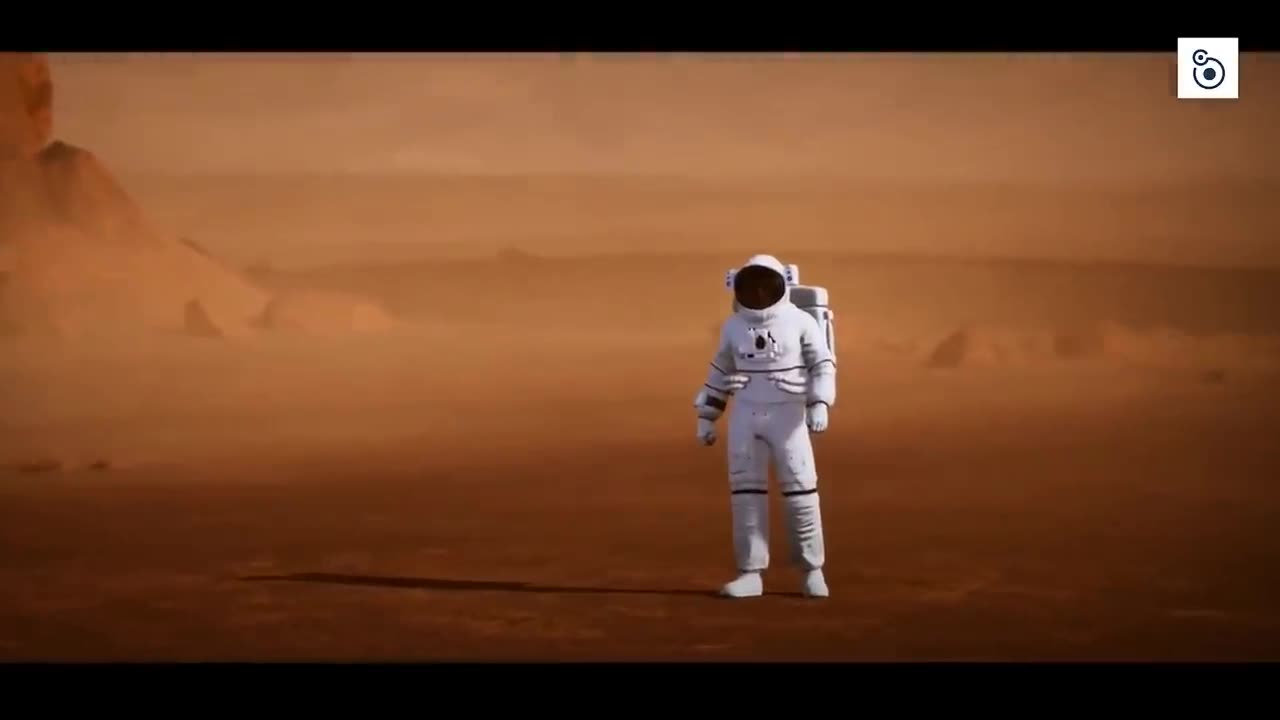Premium Only Content

NASA's Journey to Mars - Science Documents @VigyanShow
NASA's Journey to Mars refers to the agency's long-term plans and missions aimed at sending humans to Mars. The ultimate goal is to land astronauts on the surface of Mars and establish a sustainable human presence there. This journey involves several phases, including robotic exploration, technology development, and crewed missions.
Some key points and phases in NASA's Journey to Mars include:
Robotic Missions: NASA has been sending robotic missions to Mars to study the planet's geology, climate, and potential habitability. These missions, like the Mars rovers Spirit, Opportunity, Curiosity, and Perseverance, have provided valuable data about the Martian environment.
Crewed Missions in Lunar Orbit: As a stepping stone to Mars, NASA's Artemis program aims to send astronauts back to the Moon. This will help test and develop technologies, like the Space Launch System (SLS) rocket and the Orion spacecraft, that will be crucial for Mars missions.
Deep Space Gateway: NASA proposed the Deep Space Gateway, a space station in lunar orbit, to serve as a staging point for missions to Mars and beyond. This platform could also facilitate international collaboration and research.
Mars Orbiters and Landers: NASA has plans for sending crewed missions to Mars orbit before attempting a landing on the surface. This would involve spacecraft capable of orbiting Mars, conducting scientific research, and returning safely to Earth.
Surface Missions: The final phase involves sending humans to the surface of Mars. This is a complex and challenging endeavor due to factors such as radiation exposure, entry, descent, and landing on Mars, and creating a sustainable habitat.
In-Situ Resource Utilization (ISRU): A critical component of the Mars journey is the ability to use local resources, such as Martian soil and atmosphere, to create essentials like water, oxygen, and fuel. This reduces the need to transport everything from Earth.
International Collaboration: NASA has expressed interest in collaborating with other space agencies and organizations to pool resources, knowledge, and expertise for a successful human Mars mission.
For the latest and most accurate information about NASA's Journey to Mars and associated science documents, I recommend visiting the official NASA website, space agency news outlets, and reputable space science publications.
-
 8:40
8:40
Tundra Tactical
1 day ago $9.78 earnedThe Executive Order Wishlist.
60.7K2 -
 7:22:52
7:22:52
SpartakusLIVE
23 hours agoSaturday SPARTOON Solos to Start || Duos w/ StevieT Later
150K3 -
 28:40
28:40
SLS - Street League Skateboarding
8 days agoTOP MOMENTS IN WOMEN’S SLS HISTORY! ALL THE 9’s - Rayssa Leal, Leticia Bufoni, Chloe Covell & more…
106K10 -
 2:03:03
2:03:03
The Connect: With Johnny Mitchell
21 hours ago $10.68 earnedHow Mexican & Chinese Cartels Control Illegal Marijuana Cultivation In America Using SLAVE Labor
69.8K11 -
 14:46
14:46
Mrgunsngear
22 hours ago $3.74 earnedPrimary Arms GLx 1x Prism With ACSS Reticle Review
64.3K8 -
 22:37
22:37
Degenerate Plays
21 hours ago $1.02 earnedI'm A Psychic Now - Elden Ring : Part 73
39.8K -
 2:32:02
2:32:02
Jamie Kennedy
15 hours agoEp. 195 Horror Legend Barbara Crampton
38.5K1 -
 23:00
23:00
Exploring With Nug
1 day ago $35.12 earnedHis Truck Was Found Crashed in the Woods… But He’s Gone!
161K9 -
 27:09
27:09
MYLUNCHBREAK CHANNEL PAGE
1 day agoDilmun: Where Life Never Ends
122K73 -
 2:58:32
2:58:32
Slightly Offensive
1 day ago $151.66 earnedHas Trump FAILED US? The ABSOLUTE STATE of The Right Wing | Guest: Nick Fuentes
182K255